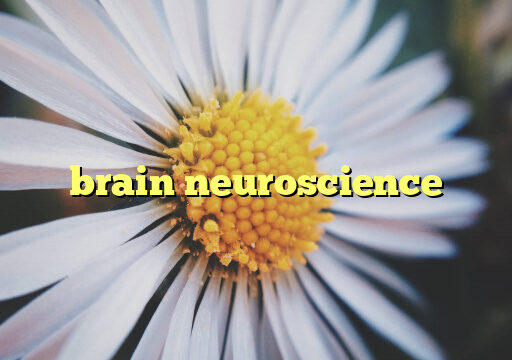Memory is a fascinating and complex aspect of the human brain. It allows us to store and retrieve information, experiences, and skills, shaping our identity and guiding our decisions. However, the process of memory formation and retention is not fully understood, and scientists continue to unravel its mysteries.
Let's delve into the secrets of memory and explore how our brains remember and forget.
Types of Memory
There are different types of memory that serve various purposes:
- Short-term memory: Also known as working memory, this type of memory holds information for a short period, allowing us to perform tasks like mental calculations or remember a phone number temporarily.
- Long-term memory: This type of memory enables us to store information for extended periods, from minutes to a lifetime. Long-term memory is further divided into:
- Declarative memory: This refers to the memory of facts and events that can be consciously recalled, such as historical dates or personal experiences.
- Procedural memory: This type of memory involves the retention of skills and habits, like riding a bike or typing on a keyboard.
Memory Formation
Memory formation is a complex process that involves multiple brain regions and intricate neural connections. When we experience something new, sensory information is processed in the brain's sensory areas. This information is then transferred to the hippocampus, a key brain region for memory consolidation.
Neural connections are strengthened through a process called long-term potentiation, which enhances the communication between neurons and solidifies the memory trace. Over time, memories are transferred to the cerebral cortex for long-term storage.
Factors Affecting Memory
Various factors can influence memory formation and retention:
- Emotional significance: Emotional events are more likely to be remembered due to the activation of the amygdala, a brain region involved in processing emotions.
- Repetition: Repeated exposure to information strengthens memory retention through reinforcement of neural pathways.
- Sleep: Adequate sleep is essential for memory consolidation, as the brain processes and stores information during sleep cycles.
- Stress: High levels of stress can impair memory formation by affecting the hippocampus and other memory-related brain regions.
Memory Retrieval and Forgetting
Memory retrieval is the process of recalling stored information from long-term memory. It can be triggered by cues, associations, or context that activate the relevant memory traces in the brain.
Despite the brain's remarkable capacity for memory, forgetting is also a natural and necessary process. The brain prioritizes essential information while discarding irrelevant or outdated memories to make room for new experiences.
Conclusion
Memory is a fascinating aspect of human cognition, allowing us to navigate the world and make sense of our past experiences. While the secrets of memory continue to elude scientists, ongoing research is shedding light on how our brains remember and forget.
Understanding memory processes can help us enhance our learning, improve cognitive function, and preserve precious memories for a lifetime.
FAQs
Q: Can memories be permanently lost?
A: While memories can fade over time or be difficult to retrieve, the brain has the capacity to store vast amounts of information. However, factors like trauma, neurodegenerative diseases, or severe brain damage can lead to permanent memory loss.
Q: How can I improve my memory?
A: Engaging in activities that challenge your cognitive abilities, maintaining a healthy lifestyle, getting adequate sleep, and practicing memory techniques like mnemonic devices can help enhance memory function.
Unlock Your Mental Potential




